Over the past few months, Women’s Shelters Canada (WSC) has been working alongside the BC Society of Transition Houses (BCSTH) to implement the national, three-year PEACE for Canadian Children & Youth project to enhance the capacity of northern, rural, and remote shelters working with children and youth who have experienced and/or witnessed gender-based violence.
WSC’s Knowledge Exchange Coordinator, Chandrabarna Saha, recently sat down with Amanda Dynes, Child and Youth Support Counsellor at Autumn House in Nova Scotia and a PEACE project participant, who shared her thoughts and experiences with the training.
Chandrabarna Saha: How did you learn about the PEACE for Canadian Children and Youth Training and Mentorship program and what were your initial thoughts about it?
Amanda Dynes: I was very excited about it! At my core, I’m a researcher who likes to keep up with the most up-to-date information. Especially in the early stages of the pandemic when our in-person outreach appointments were paused, I ended up having some extra time to research fresh, new programs. That’s when I stumbled upon BCSTH’s website and the resources they had available.
CS: This training is being offered to rural, remote, and northern communities. Was the training relevant to your work?
AD: Absolutely! Everything was relevant to what I do and I think it would be for anyone working in a shelter. It gave me fresh ideas and I was even inspired to go out and buy the same puppets that our PEACE Program trainer, Tracy Myers, uses. Meet Pickles and Nutmeg who have connected really well with the kids so far!
I found that the training filled a piece of connectedness that is often missing in rural communities between myself, children, and other support workers/youth counsellors. Most shelters, like mine, only have one child and youth counsellor. Being able to have that connection with other child and youth workers gave me, as a rural shelter worker, a sense of community that isn’t always accessible to me.
CS: What would you say are the key take-aways from this experience?
AD: I think the key takeaway is that I need to do a better job at making sure I’m maintaining connections because it can be isolating to be in a rural community and be the only person in my role. I can debrief with my coworkers who are amazing and who give such great feedback, but it’s just not the same as someone who does the same thing as you.
CS: Is there anything from the training that you will be taking home with you and incorporating into your work with children and mothers?
AD: Well, Pickles and Nutmeg are two of them! As well as the language attached to them that makes things more accessible to kids. I’ve seen a number of kids open up to the puppets because they feel safe with them. This inspired me to use some of the funds we received from participating in the training on more puppets!
Also, I want to focus more on bringing mom into the experience as well. In my experience, support counselling has involved a separation of child and youth counselling and parenting counselling. I’d like to put more emphasis on bringing mom and child(ren) together to better support family healing and connection.
CS: Would you recommend this training to other shelters?
AD: Absolutely! I found the training to be very accommodating to my busy schedule as shelter personnel. I have a toddler and the original proposed time for the training was going to make it so that my daughter’s day care would have to leave her on the porch for a little bit before I got there! (laughs) It was flexible enough that we were all able to discuss what was best for people and adjustments were made. I thought that was a great start because it kicked things off with a collaborative and empathetic vibe.
The pandemic has also made things especially hard for folks, including in terms of its overwhelming impact on domestic violence and intimate partner violence. I think revitalizing and re-sparking our purpose is important. We all need a spark to reconnect after the isolation, especially in rural communities where there is often only one child and youth support counsellor, so the feeling of being disconnected is enhanced even more.
We all need to be connected better and this is a great way to do it.
Learn more about the PEACE program through this interview with trainer Tracy Myers.
This interview has been edited for length and clarity.



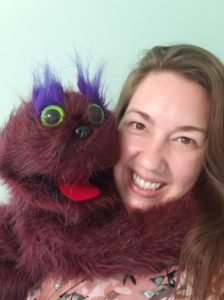
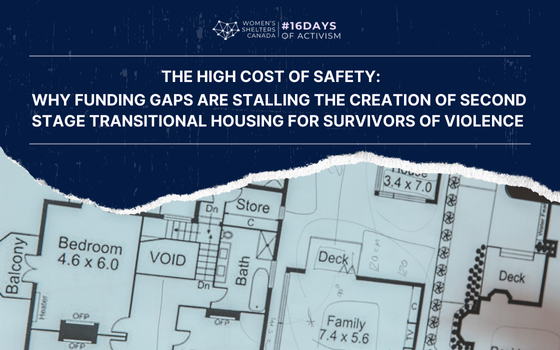
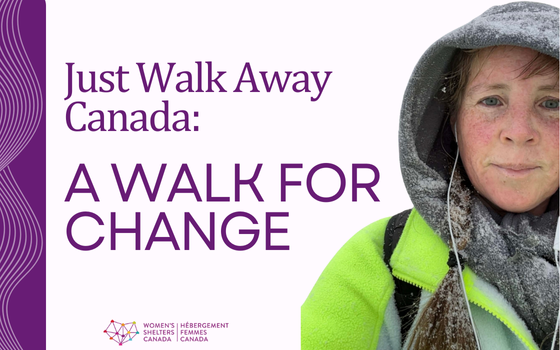
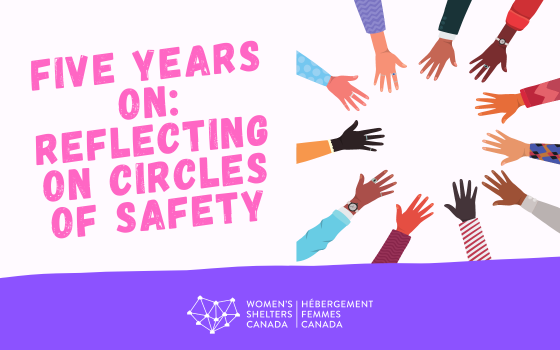
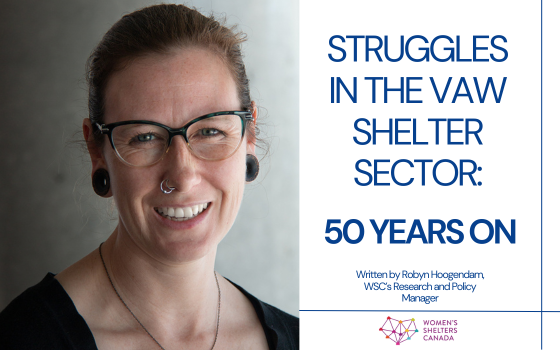
Leave A Comment
You must be logged in to post a comment.